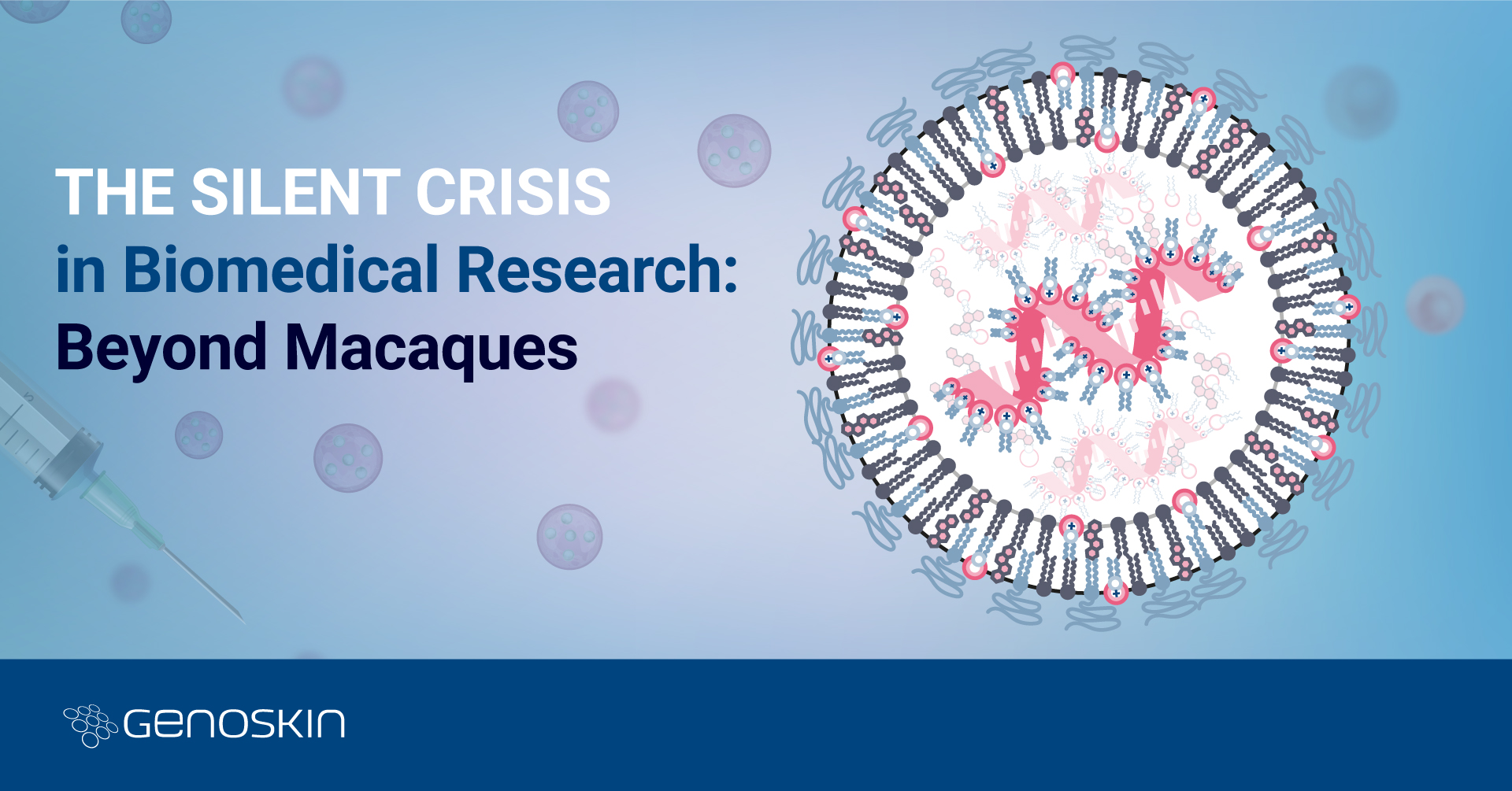The Silent Crisis in Biomedical Research: Beyond Macaques
Finding an alternative to non-human primates to evaluate human therapeutics
In a compelling narrative echoed by Le Monde, the biomedical sector faces a silent crisis, highlighting the geopolitical intricacies and ethical quandaries of scientific research. At its core, the dwindling supply of non-human primates (NHPs), particularly macaques, essential for testing medical treatments, has been exacerbated by the COVID-19 pandemic. This scarcity underscores the urgent need for innovative solutions for evaluating human therapeutics amidst rising costs, ethical concerns, and geopolitical tensions, notably with China’s tightening grip on NHP exports.
This situation poses significant challenges for European research, struggling not only with supply issues but also with the moral implications of animal testing. The market for macaques has seen prices soaring to unprecedented levels, pushing the scientific community to a crossroads. As a company specializing in new alternative methods for non-clinical testing, we have observed a shift in customer inquiries, particularly concerning non-clinical reports for IND applications. Our ex vivo technologies based on human skin and designed for therapeutic compound testing represent a critical avenue toward reducing reliance on NHPs, aligning with the growing demand for ethical, sustainable research methodologies.
The geopolitical dynamics of NHP trade, particularly the impact of China’s export restrictions, reveal a broader narrative of scientific sovereignty and medical independence. European nations find themselves in a precarious position, navigating the dual challenges of securing a reliable NHP supply and fostering innovation using alternative testing methods. This scenario underscores a critical dependency that could hinder scientific advancement and healthcare breakthroughs.
Amidst this complex landscape, the ethical debate over animal experimentation remains a contentious issue. The increasing scarcity of macaques has not only financial implications but also raises significant ethical concerns about the future of biomedical research. The pursuit of alternatives, such as organoids, digital twins, and other in vitro and ex vivo models, offers a promising path forward, though these technologies are still in their infancy and cannot yet fully recapitulate the complex biological responses observed in NHPs.
As the biomedical sector stands at this crossroad, the crisis serves as a catalyst for change, urging a shift toward more sustainable and humane research practices. Our company’s efforts in developing and promoting alternative testing platforms are part of a broader movement towards reducing animal testing, a goal that resonates with both the scientific community and the public. By embracing these innovative technologies, we can pave the way for a new era in biomedical research and toxicity testing, one that balances scientific progress with ethical responsibility.
The challenges and opportunities presented by the current crisis in NHP supply are a wakeup call for the scientific community. As we navigate these turbulent waters, it is imperative to foster collaboration, innovation, and ethical consideration, ensuring that the future of biomedical research is both sustainable and humane. The stakes are high, not just for the scientific community but for global health at large, making the pursuit of alternatives an urgent priority.
References
From “La géostratégie du macaque ou les enjeux de souveraineté scientifique et médicale”
By Hervé Morin (Niederhausbergen (Bas-Rhin), special correspondent) et Simon Leplâtre (Shanghaï, correspondent). Published on January 22nd, 2024
Comments are closed.





